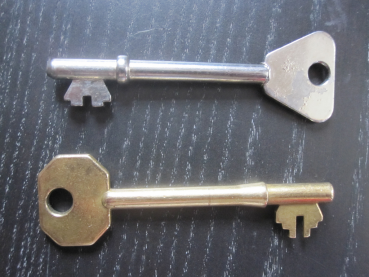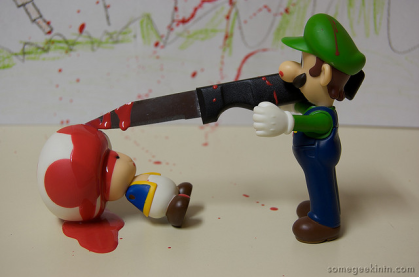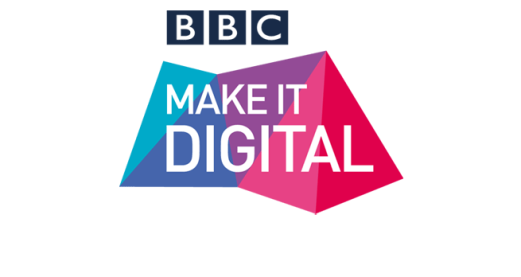
As part of Make it Digital Season we have curated some content on elements of the digital world for you to investigate in more depth:
-

How Bitcoin works
Read now to access more details of How Bitcoin worksEverything you need to know to get started with Bitcoin.
Article
-

Virtual murder: Just a game?
Read now to access more details of Virtual murder: Just a game?Can playing violent video games be perceived as a bad thing even if the game player does not show aggressive behaviour in reality?
Article
Level: 1 Introductory
Make it Digital
-

Make it Digital
Take part now to access more details of Make it DigitalTo celebrate the BBC's Make It Digital season, which includes three co-productions with The Open University, we have collated together a wide array of digital delights for you to get stuck into!
Activity
Level: 1 Introductory
Rate and Review
Rate this activity
Review this activity
Log into OpenLearn to leave reviews and join in the conversation.
Activity reviews